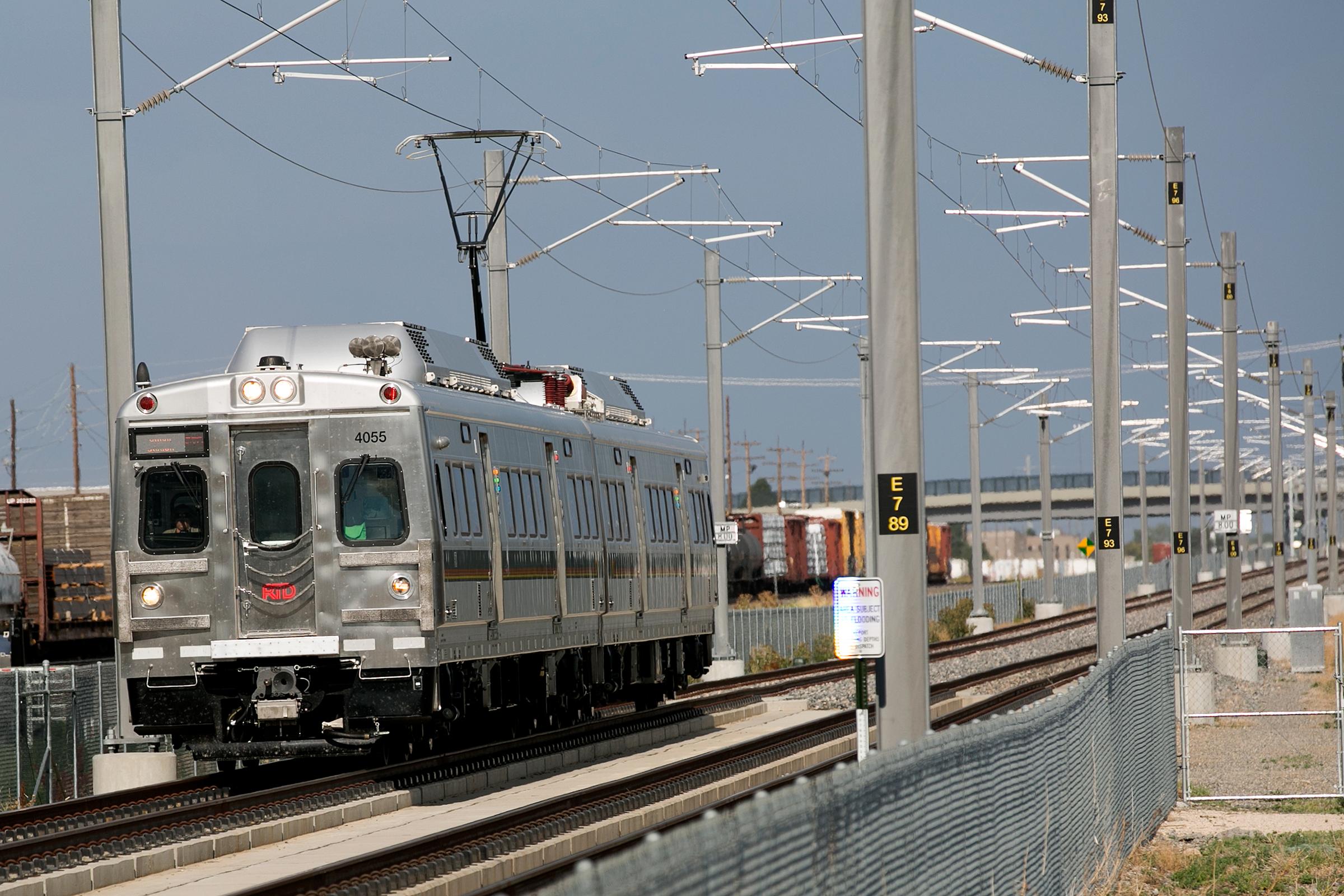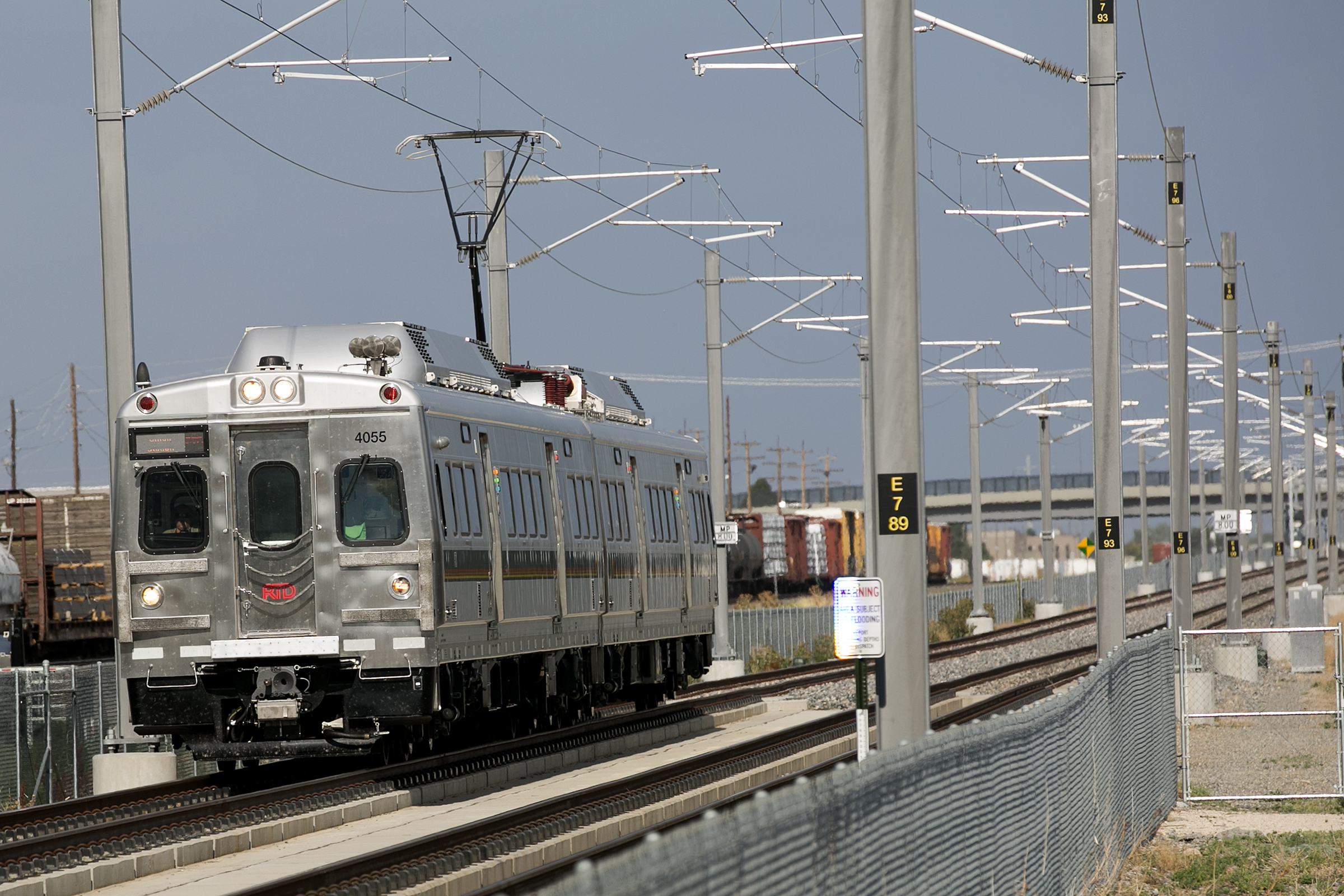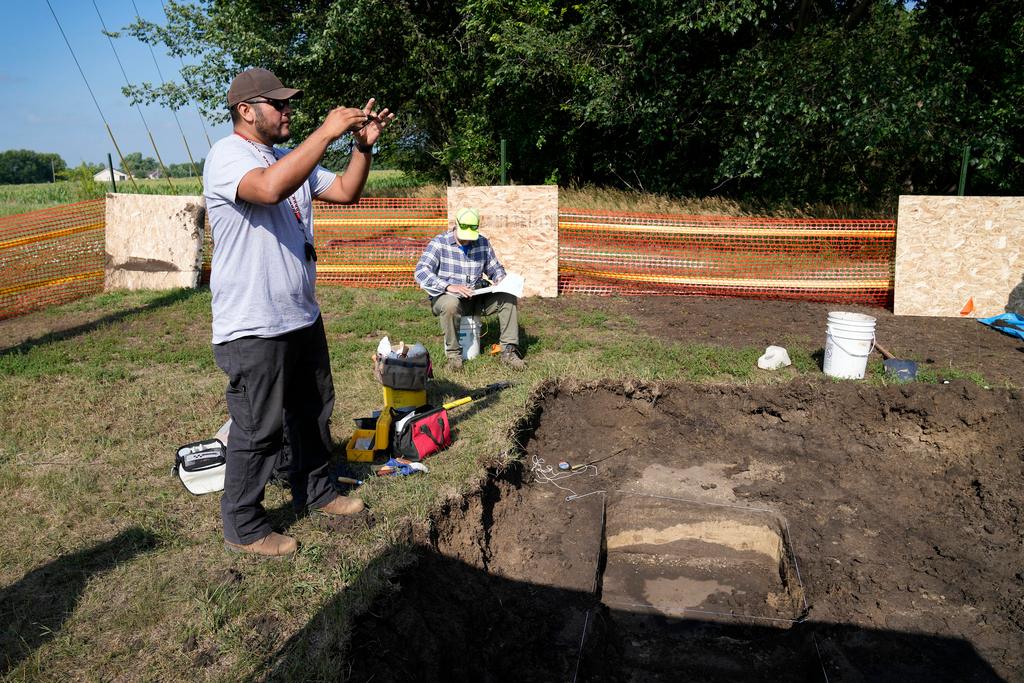

The Regional Transportation District filed a countersuit Thursday against the private company that built and operates the region’s commuter rail lines.
RTD’s counterclaim denies, in detail, Denver Transit Partner’s own lawsuit filed last month. The private company alleges that federal and state regulators had reinterpreted various laws and rules that made it impossible to get approval for their systems, which include high-tech crossing gates.
The A Line to Denver International Airport and the B Line to Westminster opened in 2016, but the crossing gate issues have kept the G Line to Wheat Ridge and Arvada from opening for two years. Denver Transit Partners wants RTD to reimburse millions of dollars spent on flaggers and in withheld payments.
RTD’s answer, filed a day after the transit agency threatened to end its contract with Denver Transit Partners entirely, accused the company of trying to “dismiss concerns about safety and performance of its system and retroactively shift blame,” and says crossing gate issues still exist today. RTD is asking for an unspecified amount of money in damages and for Denver Transit Partners to be found in default under their contract.
The filing paints a chaotic portrait of the months and years leading up to the A Line opening in April 2016. Faulty design and construction meant an entire bridge had to be demolished in 2014 (which was later rebuilt at below contractually required standards, RTD claims). That and other problems meant there was less time for testing, RTD said.
“DTP’s attempt to test an incomplete system in 2015 and 2016 created significant problems and raised regulatory concerns,” RTD wrote. “Occasionally, gates would be down for 10, 20 or 30 minutes — in some cases for hours — without a train present.”
The counterclaim also says that on March 1, 2016 — less than two months before the A Line opened — a crossing gate failure resulted in a near miss with two motor vehicles. The company tried to fix the problem that led to the incident, RTD acknowledges, but “warning times remained highly variable and clearly deficient.”
“The substantial Project delays, and extended presence of crossing attendants, attributable to excessive and inconsistent warning times, would have been avoided if DTP had properly complete the design, construction, testing, and commissioning of its grade crossings activation systems before starting revenue service,” RTD’s lawyers wrote.
The filing represents a continued shift in rhetoric for RTD. The agency had defended the company — and shared blame — for the better part of two years after crossing gate issues were widely publicized.
“All of the responsibility for getting this project across the line sits squarely with our concessionaire and with the RTD team,” RTD General Manager Dave Genova told Colorado Matters in September 2017.
Before the two parties went to court, they tried to work out some of these issues in an impartial dispute resolution panel. That panel supported some of Denver Transit Partners’ claims and denied others, but the two sides were ultimately unable to come to an agreement.
In an interview earlier this week, Denver Transit Partners Executive Project Director John Thompson said the disputes like this are somewhat routine for complicated infrastructure projects and added that he wasn’t taking it personally.
"We plan to be here, to continue to serve the people of Denver, for the full term of our concession agreement,” he said.
The company also points out that ridership on the A Line is growing, where other parts of RTD’s system are seeing declines. RTD documents bear that out.
RTD has said the dispute, currently in Denver District Court, won’t affect A- and B-Line passengers, or progress being made toward the opening of the G Line. An agency spokeswoman declined to comment further Thursday afternoon.









